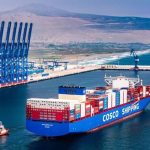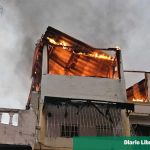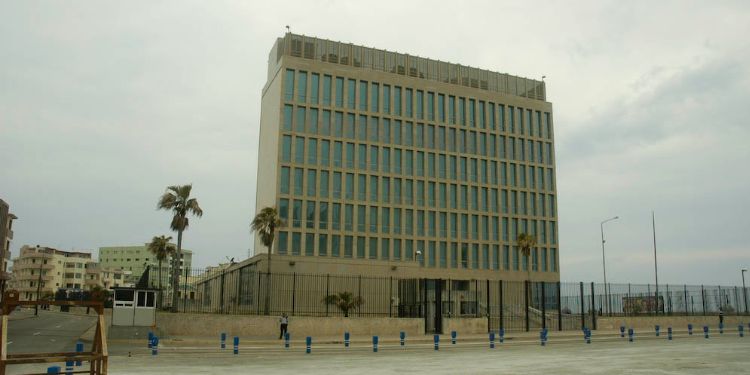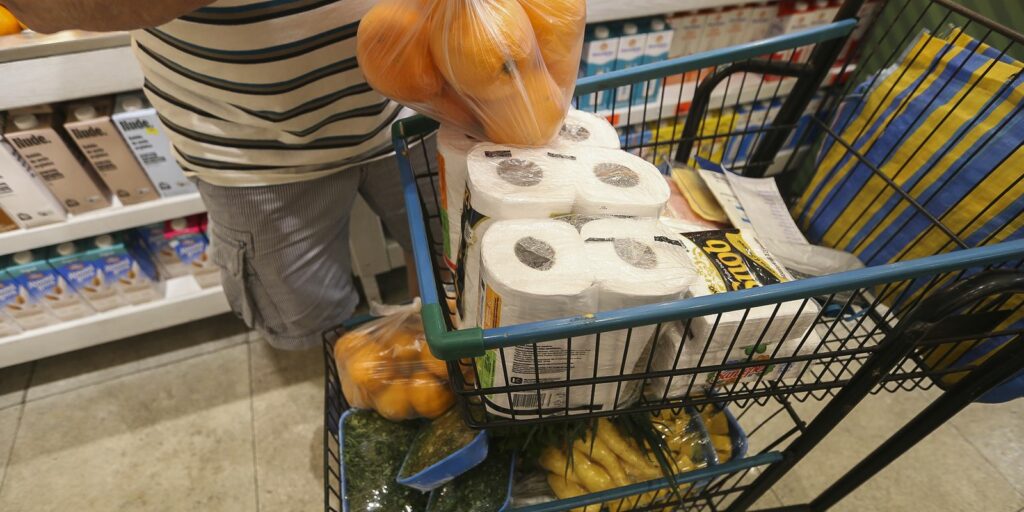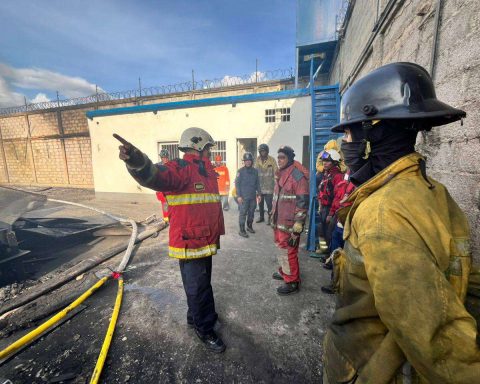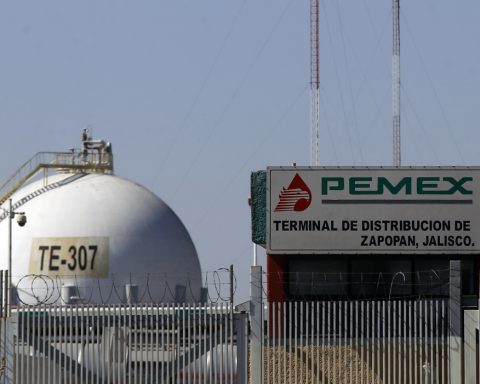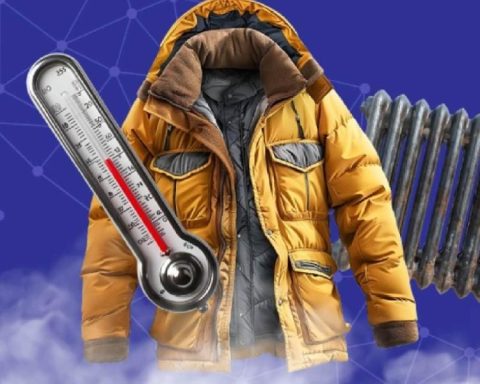Now that we are preparing to celebrate a new fifa World Cup, we are aware that the soccer is the great sport of all, as well as an admirable example of how people from different cultures, backgrounds and ages can come together to share an experience that so many people are passionate about.
(See: These are the prizes for winners and finalists of the World Cup in Qatar).
This year, the world will be in awe of football artists, including Kylian Mbappe, Lionel Messi, Cristiano Ronaldo and the rest of the world’s best footballers, masterfully practicing their craft on the world stage. With more than 5 billion people expected to watch the FIFA World Cup kick-off broadcast in Qatar, the tournament will help foster global solidarity at a time when the world seems more beset by war than ever. economic instability and various crises. On the other hand, football, as a business, also has to do with commerce. According to FIFA estimates, the world soccer economy is valued at US$200 billion.
If we analyze this data carefully, we see that a large part of this figure comes from trade in goods and services and the value of intellectual property linked to the ‘beautiful game’. FIFA itself, as football’s governing body, obtains 95% of its income from the sale of broadcast rights for radio and television and the commercial rights generated by the World Cup.
World Cup Qatar 2022
The marketing of football-related items also mobilizes large sums of money, as we can see from the large number of fans from around the world who wear the clothes and accessories of their favorite teams and clubs. All this is based on the intellectual property rights owned by the governing bodies, the organizers of the tournaments, the national teams, clubs and players. Global trade rules established under the World Trade Organization help make all of this possible. It is fair to say that the WTO, by facilitating it, is one of the entities that most supports international football.
(See: Inter Rapidísimo will be a regional sponsor of the Qatar 2022 World Cup).
However, not everyone has shared in the benefits of this global football economy. While revenues from television and radio broadcasting rights and commercial rights help support FIFA’s member associations in the developing world, many countries, the communities and individuals who have not been able to take advantage of the football business.
Like international trade, football is an essential instrument for progressive economic development, inclusion and equity. It is therefore only right that the WTO and Fifa now join hands in the effort to extend beyond the pitch, the boardrooms and Fifa’s 211 member associations the benefits of the growth of men’s football and feminine. A fundamental mechanism to achieve this will be to diversify the global networks of suppliers that feed off the commercialization of FIFA-related items. The objective is to try to divert a greater part of the marketing related to football to the poorest countries in the world. and the millions of small businesses that make up the mainstay of the global economy.
(See: The 3 cities that consume the most second-hand clothes in Colombia).
For example, the WTO and Fifa will seek to promote the use of cotton from least developed countries such as Benin, Burkina Faso, Chad and Mali – where cotton is a livelihood and a particularly important source of export earnings – for the manufacture of sportswear and other merchandise related to FIFA. Connecting vulnerable producers in these countries to important value chains in the world of football would create jobs, drive growth and improve people’s lives. The two organizations will conduct a joint analysis of football-related value chains to identify additional opportunities to promote inclusive outcomes.
In addition, the WTO and Fifa are urging global manufacturers of merchandise to join the ‘call to action’ made in July 2022 by the WTO, the United Nations and the International Trade Center, in order to that they invest in the use of sources of supply of least developed countries than today are not part of their supply chains and thus contribute to the creation of added value in those countries.
(See: Colombia entered the ‘top’ 15 countries with more catalog sales).
The two organizations will also seek to develop activities that harness the potential of football to support economic empowerment, in particular that of women, and that shed light on its economic impact as an engine of global economic growth and the role it can play. in promoting world trade and development.
Football is a beneficial force for the joy it brings to fans around the world. It can be an even more beneficial force if it promotes economic inclusion and development. Through closer collaboration between the two organisations, and by using the trading system and football as tools for economic inclusion, we can make the ‘beautiful game’ shine even brighter.
NGOZI OKONJO-IWEALA* AND GIANNI INFANTINO**
WTO Director-General*
FIFA President**






